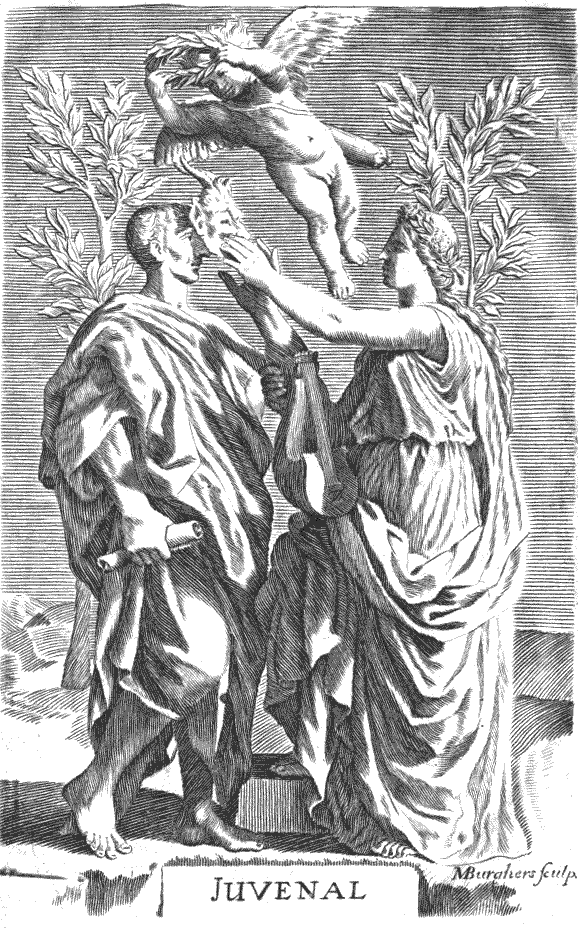“It is difficult not to write satire.”
Difficile est saturam non scribere.
I, line 30.
Satires, Satire I
